Milk: It does the body good, right?
Have you ever taken the time to think maybe we’ve been duped by the multi-billion dollar dairy industry?
About 75% of the world’s population is lactose intolerant (varies between countries). So, why are we still encouraged to drink it, even by our own government? Simply stated: Follow the money
This incredibly lucrative business has spent billions of dollars creating a society who believes cow’s milk is an imperative element to health. Some of the most notable campaigns are “Milk: It Does the Body Good” of the 1980s, idealizing cow’s milk as a necessary component to the American diet for healthy bones and strong muscles and “Got Milk” of the 1990s.
But does this multi-billion dollar business really have our best interests at hand?
Let’s take a closer look at dairy
- Regular consumption of dairy is linked to increased risk of prostate cancer
- It’s one of the top sources of saturated fat in the American diet
- It contains cholesterol, which may increase your risk of heart disease
- It’s associated with increased risk of lung cancer, breast cancer, and ovarian cancer in people who are lactose intolerant
- The vast majority of research shows it has little to no benefit on bone health
- There’s no nutrient in milk that we can’t get from plants
- The American Academy of Pediatrics discourages cow’s milk in children under 1 year old because they are not able to tolerate high levels of certain nutrients
If we weren’t created to drink our own mother’s breast milk our entire life then why should we drink another mammals milk? (Not your mom, not your milk?) There’s no need for it and the dairy industry knows it.
Recently, there has been an incredible surge in plant-milk options. What’s your favorite? Tell me in the comments! Currently, mine is flax milk!
Eating more plants can come with its challenges. There’s a lot of nutrition noise out there, everyone has an opinion, and it can be confusing to figure out what works best for YOU. Working through these challenges and learning how to easily incorporate more plant-based foods into your diet and lifestyle can be helpful. Working with a plant-based dietitian to guide you through your unique journey and surrounding yourself with other like-minded people who are on a similar journey can be monumental. When you join my nutrition coaching program, you’ll get a highly customized, one-on-one experience to help you confidently and sustainably eat foods that taste good and make you feel good. Click the button below to learn more about my approach and see what other clients have to say.
Resources:
Ji J, Sundquist J, Sundquist K. Lactose intolerance and risk of lung, breast and ovarian cancers: aetiological clues from a population-based study in Sweden. Br J Cancer. Published online October 14, 2014.
Aune D, Rosenblatt DAN, Chan DSM, et al. Dairy products, calcium, and prostate cancer risk: a systematic review and meta-analysis of cohort studies. Am J Clin Nutr. 2015;101:87-117.
Song Y, Chavarro JE, Cao Y, et al. Whole milk intake is associated with prostate cancer-specific mortality among U.S. male physicians. J Nutr. 2013;143:189-196.
Michaelsson K, Wolk A, Langenskiold S, et al. Milk intake and risk of mortality and fractures in women and men: cohort studies. Bmj. 2014;349(oct27 1). doi:10.1136/bmj.g6015.
Feskanich D, Bischoff-Ferrari HA, Frazier AL, Willett WC. Milk Consumption During Teenage Years and Risk of Hip Fractures in Older Adults. JAMA Pediatrics. 2014;168(1):54. doi:10.1001/jamapediatrics.2013.3821.
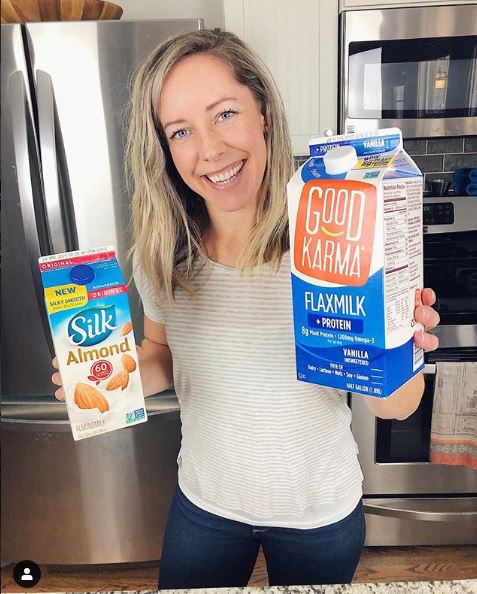





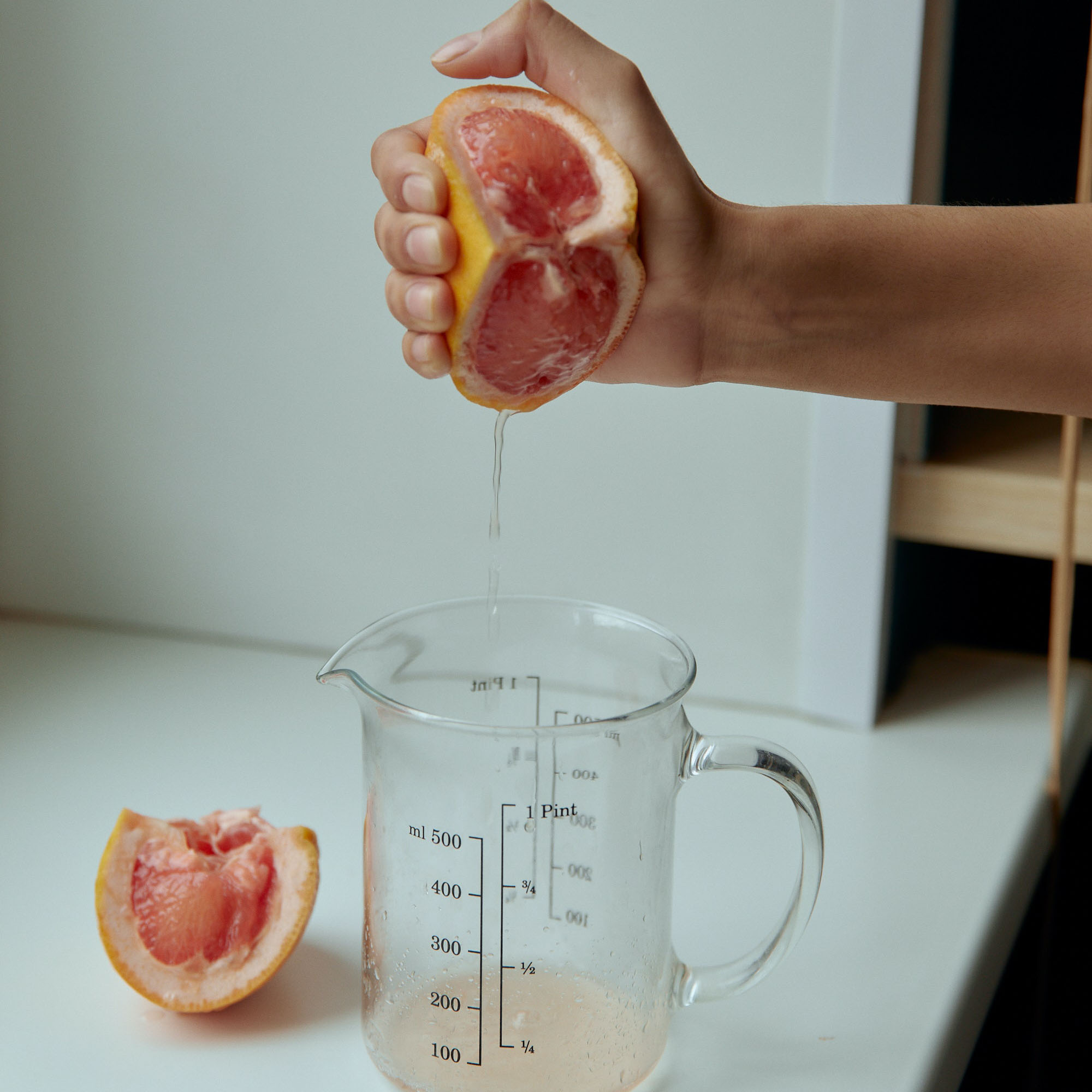


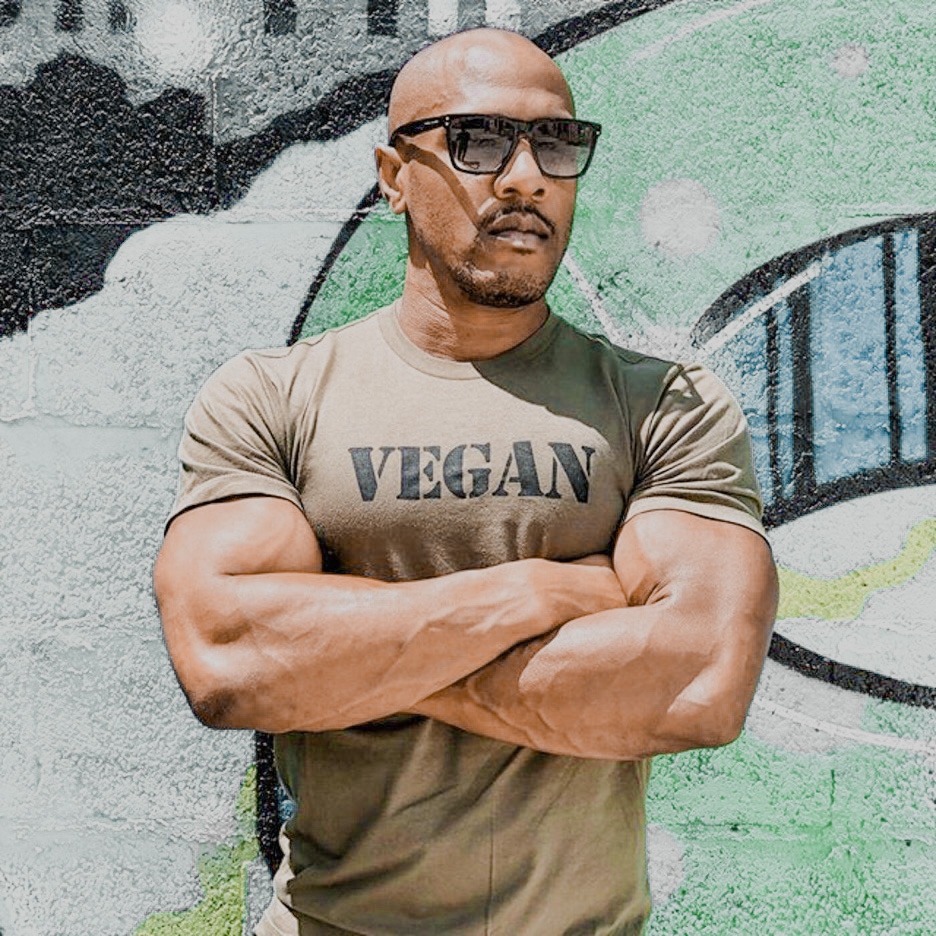








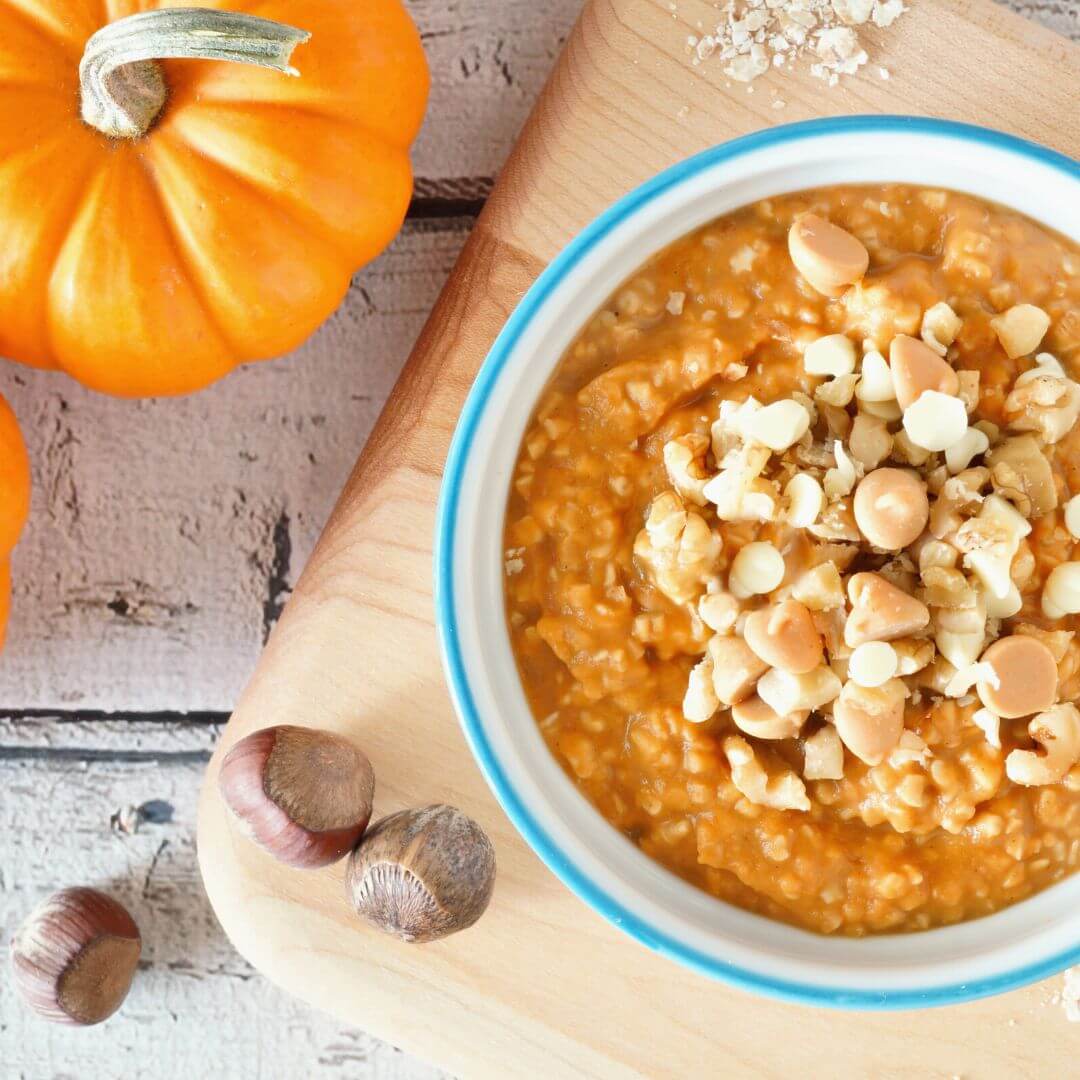



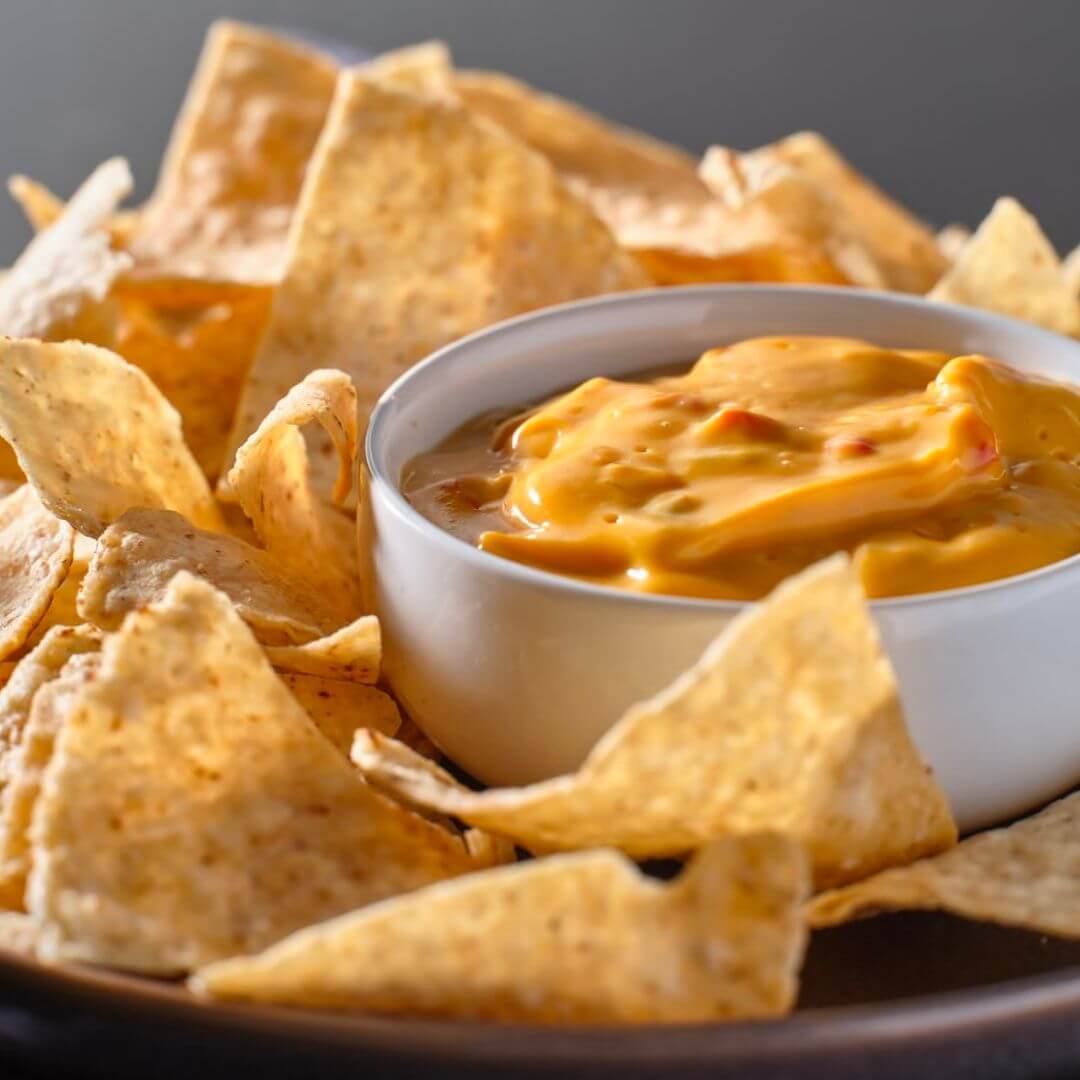



share
click to LEAVE A COMMENT